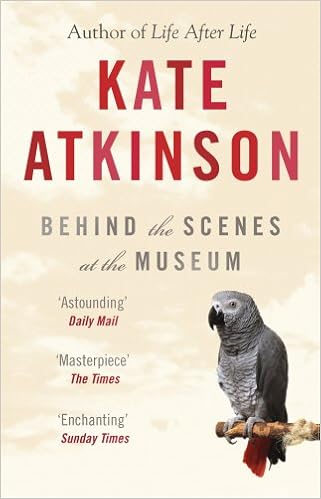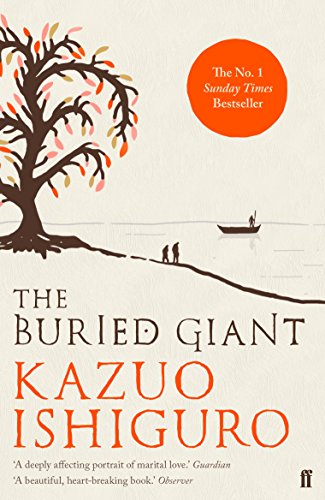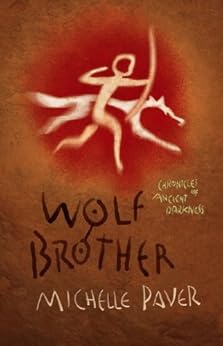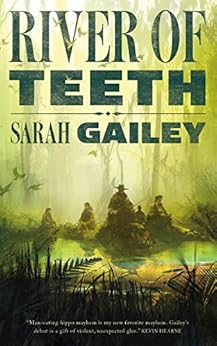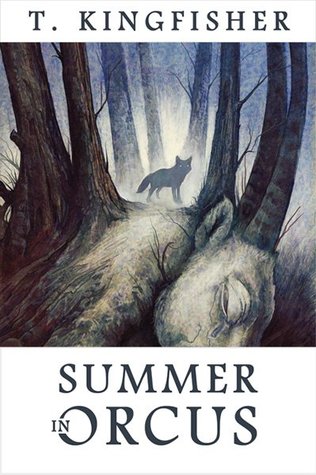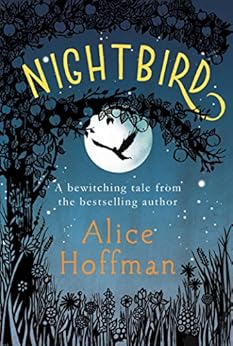I had thought that when she died it would be like having a weight removed and I would rise up and be free of her, but now I realize that she'll always be here, inside me, and I suppose when I'm least expecting it I'll look in the mirror and see her expression or open my mouth and speak her words. [p. 327]A rambling, discursive story of four generations of women: Alice, her daughter Nell, Nell's daughter Bunty (short for Berenice); and Bunty's daughter Ruby, the narrator. The novel begins with Ruby's conception in 1951, and progresses in thirteen chapters to 1992: but each chapter has a 'footnote', telling the story of another family member. Sometimes the footnotes mirror what's happening in Ruby's narrative, and sometimes they add context to a name, or an object (a pink glass button, a lucky rabbit's foot, a locket).
The women of the family are prone to flight (Alice, Lillian, Patricia), and tend to regret not running when they have the chance. (None of them really marries for love, at least not the first time around: all of them long for love, even if they don't recognise it.) Each of the four main characters, at some point, believes that she's living the wrong life: this epiphany sometimes arrives as a spiritual or supernatural event, sometimes in more mundane form.
Alice's story begins in 1888: Ruby's ends in 1992. The wider world is relentless: many of the family (especially the men) fall victim to one war or another. But growing up in York, a town where 'the past is so crowded that sometimes it feels as if there's no room for the living', gives Ruby, in particular, an air of disrespect for life and death. Or is this just children (or the children in this novel) in general? Ruby's pragmatic lack of empathy (wondering, for instance, how a dead sibling's Christmas presents will be divided between her and her remaining siblings) was horribly credible.
Bunty is not a good mother. She is unhappy and unloved, and bestows unhappiness and emotional abuse on her daughters. Learning about her past -- and her mother's history, too -- granted me compassion for her. (If only real life came with a crib sheet about one's parents' heartbreaks, disappointments, secret shames and grudges!)
There are so many secrets in Behind the Scenes at the Museum: and secrets, kept, turn toxic. Children are born out of wedlock; die (as do adults) in mysterious circumstances; remember minutiae, forget life-changing events. Atkinson is excellent at seeding the narrative with clues, hints, and coincidences: connections fray and are rewoven, lost children turn towards home, similes foreshadow (or echo) parallels in different lives.
I note that this review is also rambling and discursive. And I've forgotten to mention that this intricately-constructed novel is often very funny (though the humour can be pitch-black), as well as poetic, poignant, and sometimes farcical.
And it makes me want to write a version with the women of my own family. Plenty of gaps to fill: plenty of women running away in search of different selves. Plenty of women surviving.
